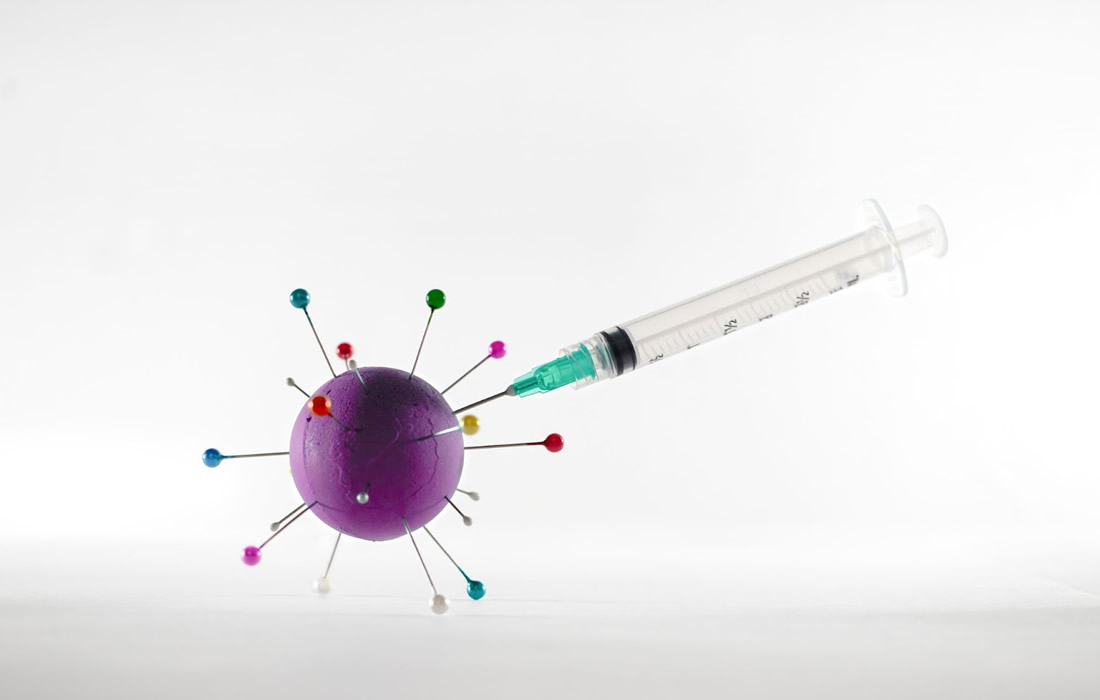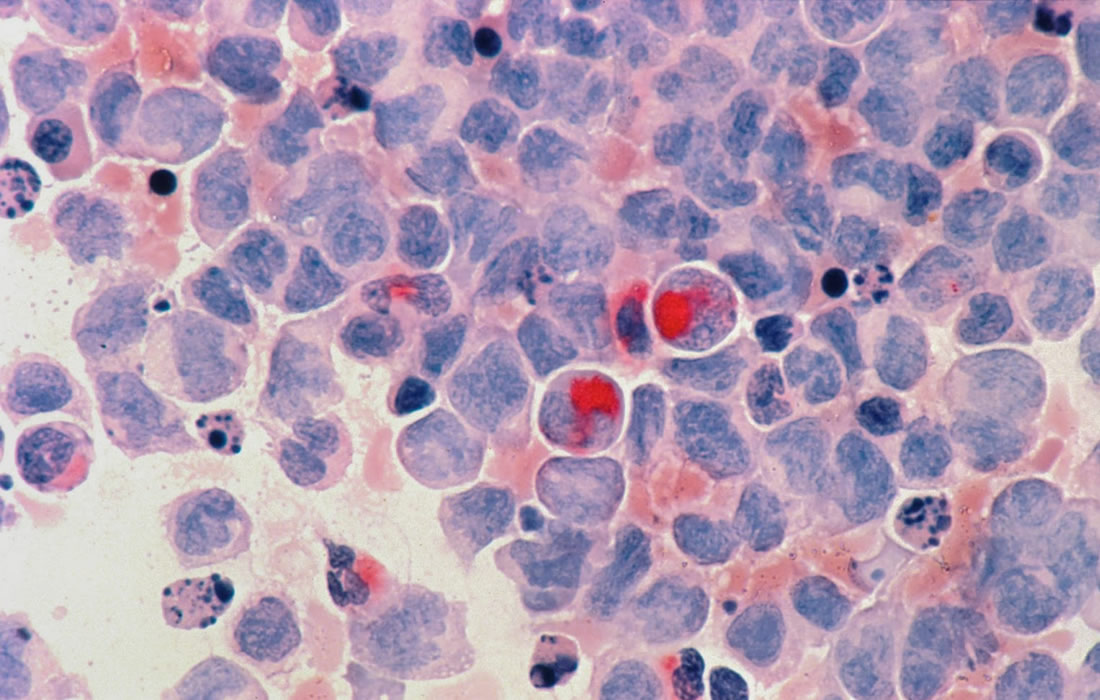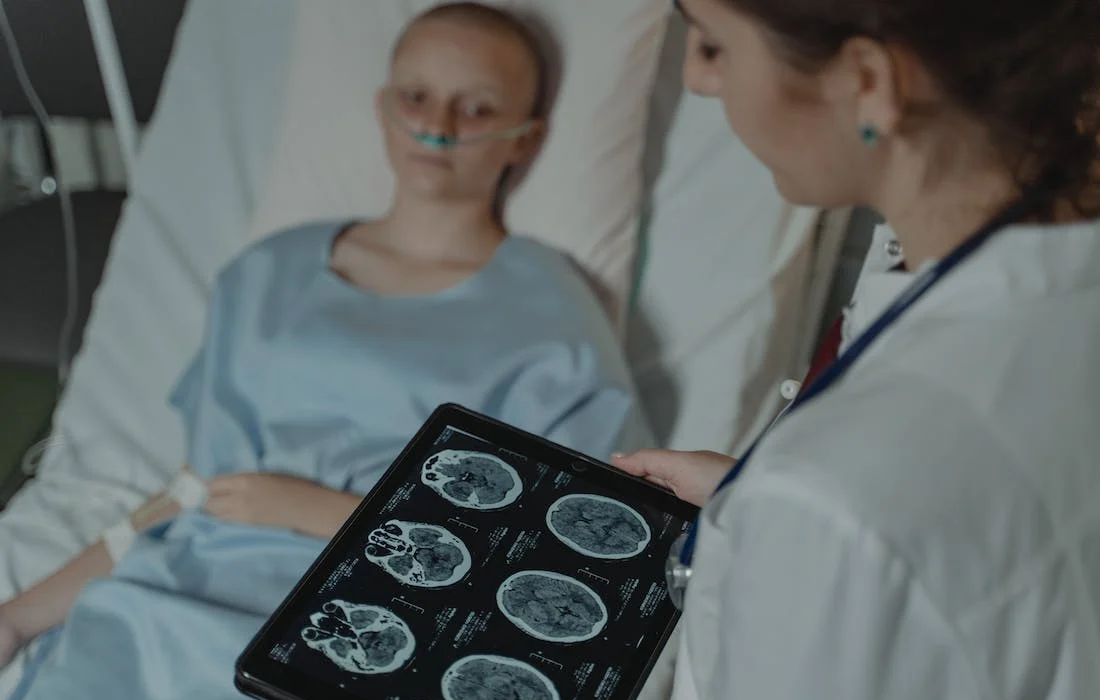One promising approach to treating Type 1 diabetes is implanting pancreatic islet cells that can produce insulin when needed, which can free patients from giving themselves frequent insulin injections. However, one major obstacle to this approach is that once the cells are implanted, they eventually run out of oxygen and stop producing insulin. To overcome […]
Monthly Archives: September 2023
Children whose mothers had a higher exposure to certain phthalates during pregnancy tend to show smaller total gray matter in their brains at age 10. This is one of the main conclusions of a study led by the NYU Grossman School of Medicine and the Barcelona Institute for Global Health (ISGlobal), a centre supported by […]
Researchers from Ann & Robert H. Lurie Children’s Hospital of Chicago and colleagues reported for the first time that a genetic biomarker may be able to help predict the severity of food allergy reactions. Currently there is no reliable or readily available clinical biomarker that accurately distinguishes patients with food allergies who are at risk […]
Among available immunotherapies, the use of “CAR-T” cells is proving extremely effective against certain blood cancers, but only in half of patients. A main reason for this is the premature dysfunction of these immune cells, which have been artificially modified in vitro. A team from the Universities of Geneva (UNIGE), Lausanne (UNIL), the Geneva University […]
Surfactants, or ‘surface-active agents’ are a class of chemical compounds that are used in everyday objects such as soaps and cleaning products, as emulsifiers, foaming and wetting agents. They are also released through natural processes such as sea spray and a key emission from cooking activities. The scientists have built an extensive body of research […]
The team from the Department for Molecular and Medical Virology at Ruhr University Bochum has explored ways to reduce the risk of infection for viruses . Their findings show that alcohol-based hand sanitizers and commercially available surface disinfectants provide good protection against transmission of the virus via surfaces. Some viruses are known to remain infectious […]
Two new studies from Washington University School of Medicine in St. Louis have identified a previously unrecognized pathway of cell death — named lysoptosis — and demonstrate how it could lead to new therapies for cervical cancer. The blood of patients with cervical cancer and other tumor types is dotted with a protein called SERPINB3. […]
Atrial fibrillation is the most common arrhythmia, the risk of which increases with age, and which is associated with an increased risk of stroke, heart failure and mortality. Vitamin D has been shown to have an effect, for example, on the atrial structure and the electrical function of the heart, suggesting that vitamin D might […]
A team of biomedical engineers from Brown University has developed a new hydrogel-based delivery system that balances the acidic environment in a tumor and greatly enhances the cancer-fighting activity of the chemotherapeutic drug it encapsulates in lab experiments. The hydrogel system, which is injectable, acts as a buffer to the drug doxorubicin and directly delivers […]
Craniosynostosis, the premature fusion of the top of the skull in infants, is caused by an abnormal excess of a previously unknown type of bone-forming stem cell, according to a preclinical study led by researchers at Weill Cornell Medicine. Craniosynostosis arises from one of several possible gene mutations, and occurs in about one in 2,500 […]










